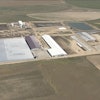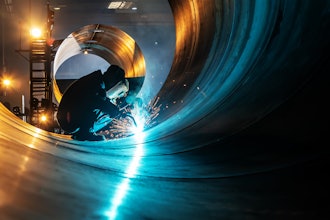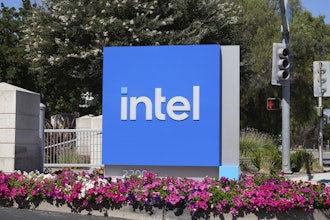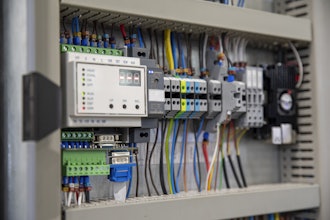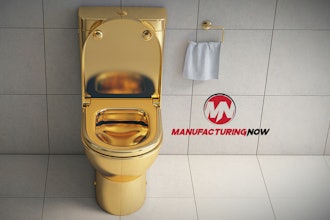Any strategy to reduce power consumption in industrial systems must include steps that extend equipment performance, reduce heat and minimize friction. One of these steps should be the use of lubricants that enhance machine investment and ensure that critical applications run at peak performance. Today, the challenge to find the right lubricant has been simplified with the advent of synthetics such as polyglycol (PAG)- and polyalphaolefin (PAO)-based products and their additive technology that can be customized for applications and environments. Users of these products are achieving significant results, including product quality and energy savings, which contribute to greater profitability.
Studies comparing mineral-based lubricants to synthetics have shown that power inefficiencies result more often when mineral-based lubricants are used, due to friction and characteristics such as fluid churning. Other drawbacks of mineral-based products include higher operating temperatures and the increased need to re-lubricate and replace components, compared with synthetics. Over time, these factors increase the amount of energy needed to operate systems, and they drive down efficiency.
Alternatively, synthetic-lubricant benefits include reduced temperature, rust- and corrosion-prevention, and fewer change outs. Synthetic lubricants can increase efficiency levels while reducing the amount of power needed to maintain consistent processing. In controlled experiments, for example, synthetics have shown an average of 1% to 8% improvement in energy conservation over mineral oils. This is due to the fact that synthetics provide a proprietary chemical makeup that protects itself from formula depletion, thus extending the effective life of the lubricant. Synthetic lubricants also include anti-oxidants for reduced oxidation by-products, and extreme pressure additives for components needing to withstand heavy-loads. Non-direct energy savings occur from synthetics' cling properties, which help form a protective coating that can cool equipment.
Based on independent tests sanctioned by the National Lubricating Grease Institute, gears operating with polyglycol-based lubricants have experienced less friction due to the lubricant's viscosity characteristics, fluid density and high molecular weight. Similarly, assessment of PAO and PAG gear oil on cylindrical gears revealed less churning losses at low temperatures, and less gear erosion, thus helping to reduce maintenance costs. In a comparative application test using a 60 hp gearbox lubricated with both a synthetic and mineral-oil product, for example, the synthetic oil yielded a 7.5% annual power savings (see chart). And in the case of a ball-milling operation that made the switch from a mineral-based oil to a customized synthetic, pinion-gear life was extended and instances of failure were decreased, saving an estimated $30,000 per year.
Synthetics can also outperform mineral-based lubricants in extreme hot or cold environments. A recent trial of 12 pump jacks in Canada, for example, at temperatures down to -60 degrees F (-51 degrees C), gained a 14.4% reduction in energy consumption due to the customized product's low viscosity. Other extreme-temperature benefits include extended gear performance, reduced start-up torques, lower amperage draw and improved pumpability.
Anderol, Inc., 215 Merry La., East Hanover, NJ 07936; 973-887-7410 or 888-263-3765; [email protected].



